Computer Science Endorsement
Overview
The Northwest Georgia RESA Computer Science Endorsement program is based on standards set forth by the Georgia Professional Standards Commission Rule 505-3-.86 and has been developed with additional reference to the content recommendations of the International Society for Technology Education (ISTE) Standards for Computer Science Educators (2011) and the Computer Science Teachers Association Interim Standards (2016)
Courses
The Computer Science Endorsement program consists of four courses:
Computing & Networking Basics (40 hours)
Introduction to Computational Thinking (50 hours)
Introduction to Computer Programming (60 hours)
Data Visualizations & Instructional Strategies (40 hours)
*Candidates may elect to take only the first two courses (Foundations of Computing and Networks and Introduction to Computational Thinking) to receive the Computer Science Micro Endorsement.
Completing all four courses will result in receiving the Computer Science Endorsement. It is the responsibility of the candidate to confirm whether the Computer Science Micro Endorsement or the Computer Science Endorsement is needed for individual teaching assignments.
Technical Requirements
All candidates wanting to take this course must have access to the following:
A computer running Windows 10 or higher, MacOS 10.14 or higher, or the most current version of Chrome OS.
Internet connection of at least 3.0 Mbps (You can check your speed here)
Working microphone and webcam
A Google Account (Sign up free here)
Purpose
All courses have several purposes for candidates:
To define problem solving and programming concepts
To develop structured solutions using logic structures
To understand user defined variables and types
To demonstrate decision making in programming by using algorithms, pseudocode, and flowcharts
To introduce object oriented programming
To write programs using graphical user interface (GUI) components
To edit, compile, and run Java applications and applets
To name variables, constants (final) and references
To understand primitive data types
To calculate with arithmetic operators
To use relational and logical operators
To understand sequence, selection, and repetition structure
To program with methods
To understand Recursion
To define and implement overloading
To use arrays: sorting, searching
To understand classes and objects, instance variables, and instance methods
To use constructors, overloaded constructors
To understand finalizers, garbage collection
To define and use in a program Static class members
To understand inheritance, this reference, polymorphism
To define and use super class, subclass
To understand abstract class, concrete class
To implement event-driven programming and event handling model
To cover topics on CompTIA Network+ certification exam
To understand Network architecture and operations
To understand TCP/IP, mail, and routing protocols
To understand IP addressing
To use Networking devices, media, and topologies
To demonstrate problem-solving strategies
To demonstrate Teaching Methods in CS Education focusing on pedagogical tools, different forms of class organization, and mentoring
To plan an instructional lesson plan set
To create valid assessments using tests, projects/programs, and portfolios
To evaluate students using formative and summative assessments
Application Criteria
Candidates must meet the following criteria to apply for a Computer Science Endorsement cohort:
Currently employed by a school system
Baccalaureate degree from an accredited college/university with a minimum of 2.5 GPA
Valid T-4 or higher Clear Renewable Certificate

